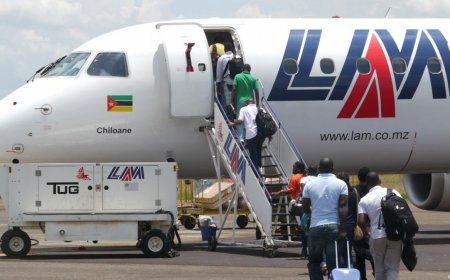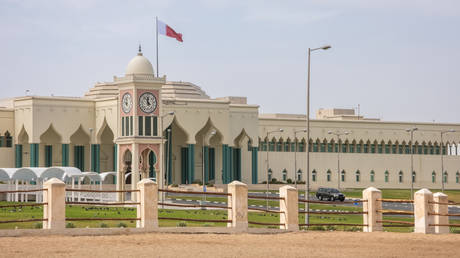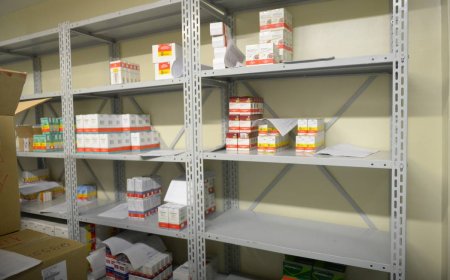Three years later: SAMIM leaves Cabo Delgado still under fire
After three years of a nearly "inglorious" performance in combating terrorism in Cabo Delgado province in northern Mozambique, the Southern African Development Community's (SADC) military mission (SAMIM) ended this Thursday.
SAMIM's military troops arrived in Mozambique in 2021 to help fight terrorism in Cabo Delgado, a region plagued by instability since October 2017, when the first terrorist attack occurred.
Minister Cristóvão Chume acknowledged that some terrorist attacks still persist, with sporadic incursions creating panic among the population.
“Despite the progress made in combating terrorism, there are movements and sporadic attacks by terrorists that create a sense of insecurity and instability among the population,” he stated.
At the official closure of SAMIM's operations in this northern province, hundreds of weapons of different calibers, ammunition, communication radios, and computer equipment were handed over to the government by the mission commander.
It is noted that this year alone, more than 80,000 people were forced to flee following attacks by armed groups in various districts of Cabo Delgado.
In the National Risk Assessment Report on Terrorism Financing, the Mozambican government mentions that the "rate of terrorist acts in annual comparative analysis was 'medium' for the years 2017 and 2018, high in 2019, very high in 2020 and 2021, high in 2022, and medium in 2023."
"During the same period, the mortality rate resulting from indiscriminate attacks on the population in 2017 and 2018 was 'medium,' from 2019 to 2022 'very high,' with over 250 deaths per year. Currently, the trend is decreasing, having dropped to less than 100 deaths in 2023, classified as 'medium,'" the report reads. The same report notes that more than a hundred attacks were recorded in Cabo Delgado between 2019 and 2020.
Mozambique's Defense Minister thanked SAMIM for its support. Cristóvão Chume indicated that with the help of regional countries, it was possible to destroy terrorist bases and allow displaced populations to return to their regions of origin.
“It is important to reiterate the significant progress we have achieved with SAMIM's engagement: the destruction of terrorist bases, the reduction of terrorist attacks, the return to normal functioning of public and private institutions, the resumption of economic and social activities, the free movement of people and goods, the gradual return of populations to their areas of origin…,” he enumerated.
At the same time, Minister Cristóvão Chume acknowledged that some terrorist attacks still persist, with sporadic incursions creating panic among the population.
“Despite the progress made in combating terrorism, there are movements and sporadic attacks by terrorists that create a sense of insecurity and instability among the population,” he emphasized.
The withdrawal of SAMIM marks the end of an era of military cooperation in the region but makes it clear that the fight against terrorism in Cabo Delgado is far from over.


















